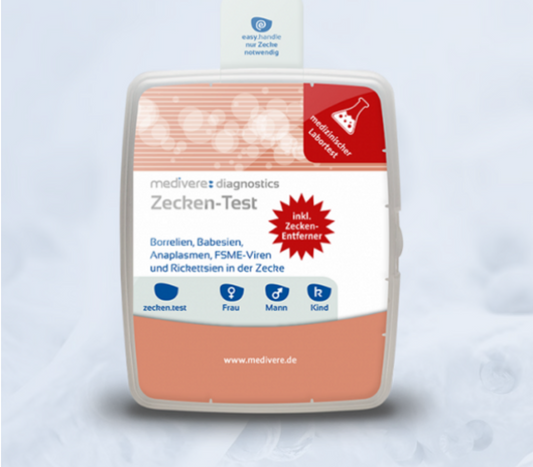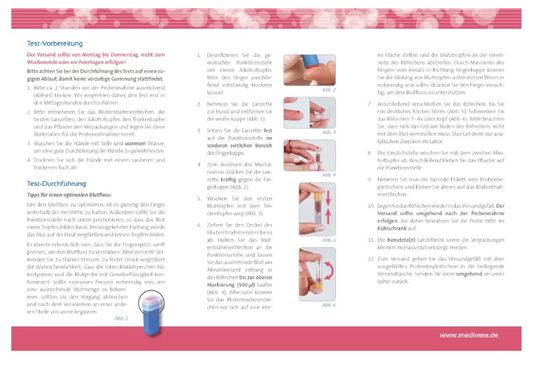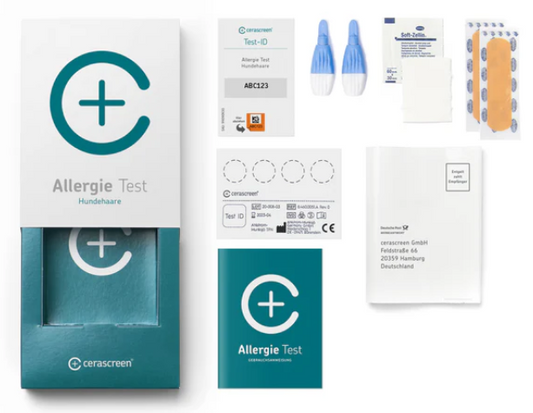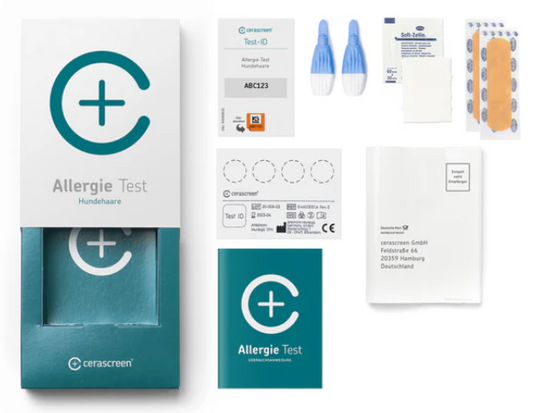
Take your health into your own hands!
The importance of diagnostics in medical care
Diagnostics is a critical step in medical care used to identify diseases, understand their causes, and determine appropriate treatment options. Diagnostics includes a variety of procedures and tests performed by healthcare professionals to assess and diagnose health conditions.
Diagnostics involves the use of a variety of instruments and technologies, including imaging techniques such as X-rays, ultrasound, computed tomography (CT) and magnetic resonance imaging (MRI), laboratory tests of blood, urine and other body fluids, and specialized tests to measure cardiac function, lung function, neurological function and more.
Diagnostics play a key role in early detection of diseases, allowing for timely treatment and better prognosis. Through screening tests and preventive examinations, risk factors can be identified before diseases cause symptoms, making it possible to take appropriate measures to reduce risk.
In addition, diagnostics enable a more differentiated diagnosis by differentiating between different disease states and enabling precise identification of the underlying causes. This is particularly important in complex diseases or in patients with unclear symptoms.
As medical research and technology advance, diagnostic procedures are also continually evolving and improving. New diagnostic tests and technologies enable faster and more accurate diagnosis and personalized medicine tailored to the individual needs and characteristics of patients.
Overall, diagnostics is an indispensable part of medical care that helps detect diseases early, initiate the right treatment and improve the health and well-being of patients.
Collection: Women
AVAILABLE TESTS
-
Tick test
Regular price 94,50 €Regular priceUnit price / per -
Allergo-Screen Inhalation
Regular price 94,95 €Regular priceUnit price / per -
Lactose intolerance test
Regular price 119,00 €Regular priceUnit price / per -
Allergy test- dog hair
Regular price 29,00 €Regular priceUnit price / per -
Allergy test- cat hair
Regular price 29,00 €Regular priceUnit price / per -
Big allergy test
Regular price 138,00 €Regular priceUnit price / per -
Food allergy test
Regular price 69,00 €Regular priceUnit price / per -
Sleep spray, orange flavor, 0.5 mg melatonin per spray
Regular price 25,00 €Regular priceUnit price / per -
Heavy metal urine test basic
Regular price 59,00 €Regular priceUnit price / per -
Glyphosate urine test
Regular price 55,00 €Regular priceUnit price / per -

 Sold out
Sold outWeight check Viscera stool test
Regular price 78,50 €Regular priceUnit price / per -
Intestinal health check
Regular price 129,50 €Regular priceUnit price / per

























